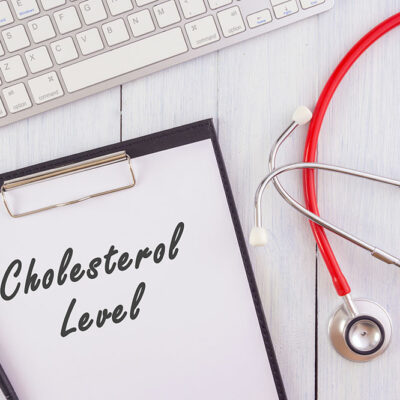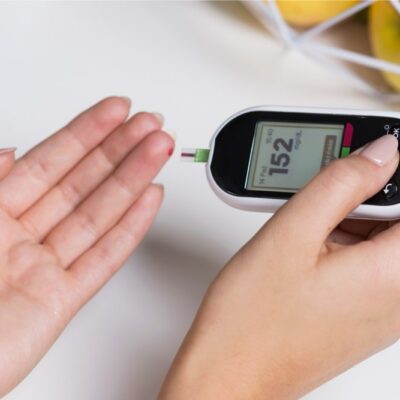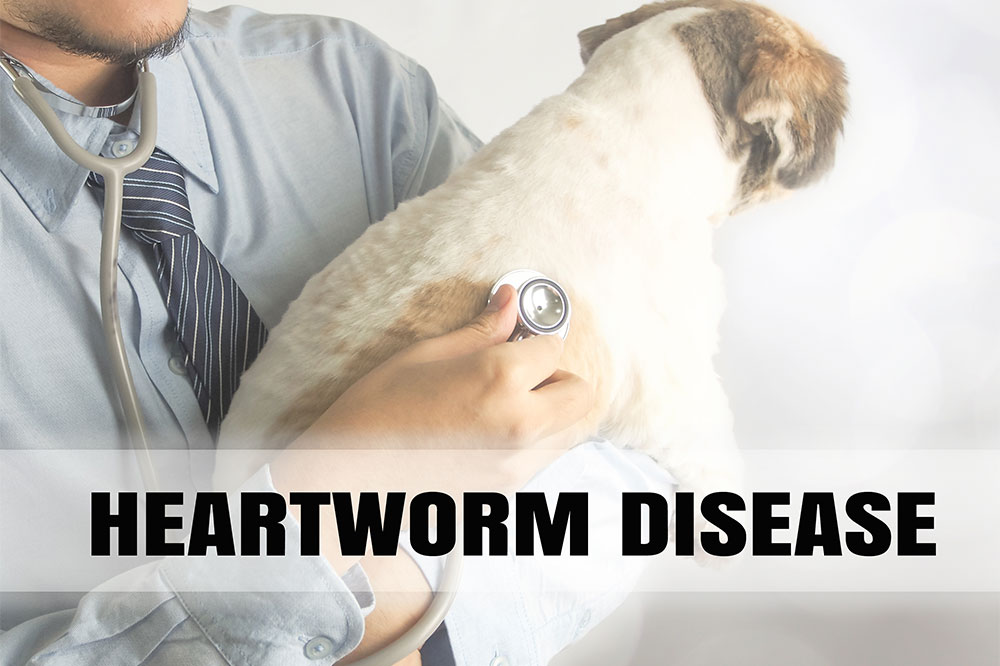5 early signs of colon cancer one should not ignore

Colon cancer, like many other malignancies, can be effectively treated and cured when it is localized to the bowel. To achieve that objective, diagnosing this condition in its earliest stages is imperative for both healthcare professionals and possible patients. Detecting colon cancer in its initial grades requires people to pay attention to certain signs and symptoms that their body is showing. Here are some of the early signs of colon cancer to help diagnose it quickly:
Tenesmus
One of the most common ways in which colon cancer manifests itself in people is through tenesmus. In this condition, a person will experience the desperate urge to use the restroom multiple times, even after they have defecated. This sign indicates that there is a kind of malignant pressure on the colon areas. This pressure makes a person constantly feel like their bowel movement is incomplete whenever they visit the toilet to pass stools.
People experiencing this sign must visit a local healthcare expert as soon as possible to get themselves screened for colon cancer.
Ongoing discomfort in the belly area
The presence of a tumor in the lower intestine causes issues like pain, belly cramps, gas, or a wobbly feeling. These are generally considered to be red flags of colon cancer. Unfortunately, due to the common nature of these symptoms, people may mistake them for having a bad tummy, food poisoning, or other relatively smaller health issues.
Anemia
One of the most significant indicators of colon cancer in its initial stages is a lack of oxygen in one’s blood. Colon cancer causes a loss of blood from the lower intestine without the knowledge of the person experiencing it. This directly causes a loss of red blood cells in the body of such individuals. These cells are the main conductors of oxygen in the body. Their absence causes anemia, which can be identified by typical symptoms such as irregular heartbeat, pale skin, shortness of breath, cold hands and feet, and weakness.
Fatigue and weakness
Blood is the main carrier of oxygen and nutrients in an individual’s body. So, when those two elements are lacking in the body, organs will not receive the oxygen and nourishment needed for daily functioning and basic sustenance. Blood carries oxygen to critical organs such as the brain and lungs. So, when an individual has early-stage colon cancer, these organs will ultimately not receive these elements, resulting in such individuals constantly feeling a sense of fatigue and weakness throughout the day. Even simple tasks such as climbing a flight of stairs or walking a few paces will seem herculean when energy, oxygen, and nutrient levels are so low throughout one’s body.
Fatigue and weakness are among the clearest indicators of most types of cancer (and many other health conditions as well). Therefore, to get to the root of the situation, one needs to consult a healthcare expert when they experience fatigue regularly.
Drastic change in bowel habits
Colon cancer affects the bowels and the pathway through which one’s feces reach the anus and are released outwards. So, one might experience symptoms such as bowel thinning, an increased frequency of defecation, and pain during defecation when they have early-stage colon cancer.
















